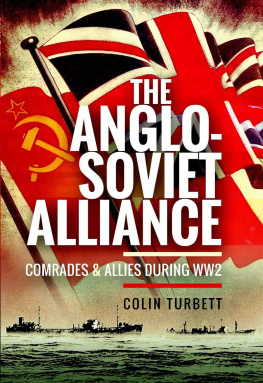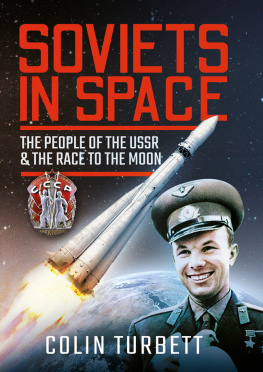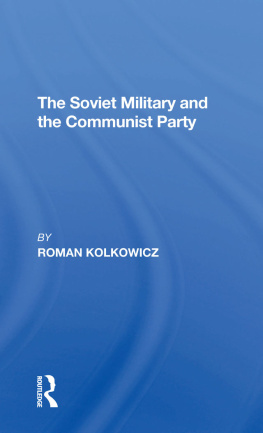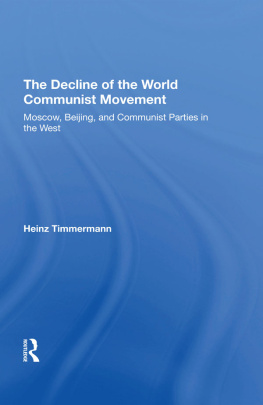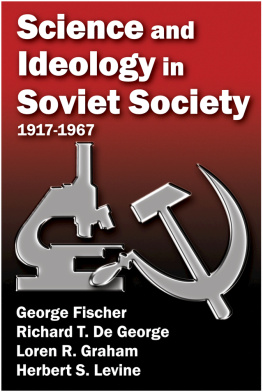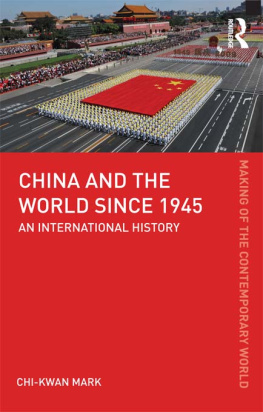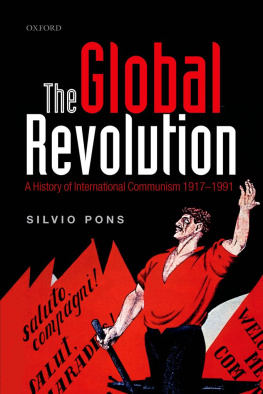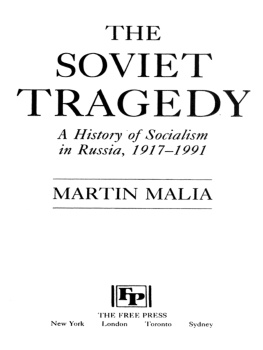
THE
ANGLO-SOVIET
ALLIANCE
THE
ANGLO-SOVIET
ALLIANCE
COMRADES AND ALLIES DURING WW2
COLIN TURBETT
First published in Great Britain in 2021 by
PEN AND SWORD HISTORY
An imprint of
Pen & Sword Books Ltd
YorkshirePhiladelphia
Copyright Colin Turbett, 2021
ISBN 978 1 52677 658 7
eISBN 978 1 52677 659 4
Mob ISBN 978 1 52677 660 0
The right of Colin Turbett to be identified as Author of this work has been asserted by him in accordance with the Copyright, Designs and Patents Act 1988.
A CIP catalogue record for this book is available from the British Library.
All rights reserved. No part of this book may be reproduced or transmitted in any form or by any means, electronic or mechanical including photocopying, recording or by any information storage and retrieval system, without permission from the Publisher in writing.
Pen & Sword Books Limited incorporates the imprints of Atlas, Archaeology, Aviation, Discovery, Family History, Fiction, History, Maritime, Military, Military Classics, Politics, Select, Transport, True Crime, Air World, Frontline Publishing, Leo Cooper, Remember When, Seaforth Publishing, The Praetorian Press, Wharncliffe Local History, Wharncliffe Transport, Wharncliffe True Crime and White Owl.
For a complete list of Pen & Sword titles please contact
PEN & SWORD BOOKS LIMITED
47 Church Street, Barnsley, South Yorkshire, S70 2AS, England
E-mail:
Website: www.pen-and-sword.co.uk
Or
PEN AND SWORD BOOKS
1950 Lawrence Rd, Havertown, PA 19083, USA
E-mail:
Website: www.penandswordbooks.com
Acknowledgements
Thanks must go to the following who helped with preparation for the book: my Ukrainian assistant Valentina Kudinova for Russian language researches and translations; Katzel Henderson for the photograph of her late husband, Hamish Henderson; Jessie Clark for memories of life in the Little Moscow mining village of Douglas Water, South Lanarkshire; Rosa Branson for memories of her parents Noreen and Clive, and permission to use some of her fathers pictures; Teresa Topolski for memories and licence to use some images of her fathers wartime sketches; Bruce Hudson of the Arctic Convoy Museum in Aultbea, Wester Ross; Dr Dan Paton of the RAF Montrose Museum and Heritage Centre; Christos Koliakis from Greece for notes about the Battle of Athens; Natalia Ponomareva of the online forum www.sammler.ru for information about awards. For assistance with images and associated information: Timothy Neat, Andrew Webb of the Imperial War Museum, the staff of the Mitchell Library Glasgow, the North Lanarkshire Heritage Centre and the Dundee City Archives. My mother: wartime WRNS Visual Signaller Pamela Sinclair Turbett who, through the findings of this book, was able to apply for an Arctic Star medal on behalf of my late father and wartime RN veteran, Desmond Turbett. Finally, Claire Hopkins of Pen & Sword for her support for the project and Chris Cocks for his enthusiastic copy-editing.

The author.
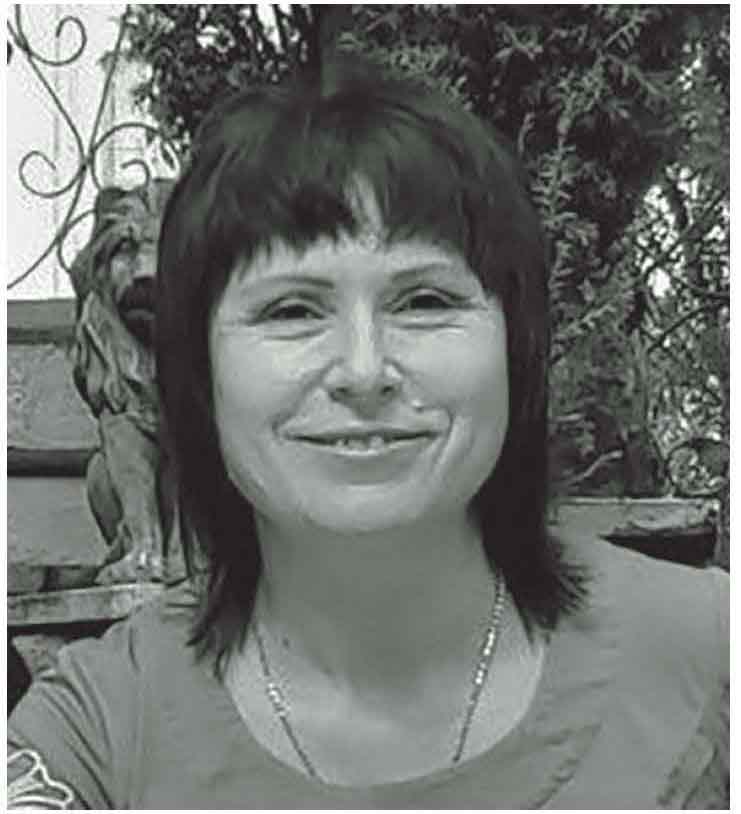
Valentina Kudinova.
Abbreviations
| ABCA | Army Bureau of Current Affairs |
| AEU | Amalgamated Engineering Union |
| BWP | British Way and Purpose |
| CO | Commanding Officer |
| CPGB | Communist Party of Great Britain |
| CWP | Common Wealth Party |
| DEMS | Defensively Equipped Merchant Ship |
| EAM | National Liberation Front (Greece) |
| ELAS | Peoples Liberation Army (Greece) |
| ILP | Independent Labour Party |
| IWM | Imperial War Museum |
| JCSA | Joint Committee for Soviet Aid |
| JPC | Joint Production Committee |
| KGB | Committee for State Security |
| KKE | Communist Party of Greece |
| NCBSU | National Council for British Soviet Unity |
| NCO | non-commissioned officer |
| NKVD | Peoples Commissariat for Internal Affairs |
| POW | prisoner of war |
| RAF | Royal Air Force |
| RN | Royal Navy |
| SIS | Secret Intelligence Service |
| TGWU | Transport & General Workers Union |
| USSR | Union of Soviet Socialist Republics (CCCP in Russian) |
| VE | Victory in Europe |
| YCL | Young Communist League |
Introduction
Early twentieth-century history was characterized by global conflict, and a shared capitalist ideology that justified competition between nations for resources and the amassing of concentrated wealth in the hands of a few. Standing out against that were the emergence of socialist and communist ideas that sought to organize global co-operation on a different basis that of sharing power and wealth amongst the mass of the people and running society for common benefit. Crisis, as the First World War led to stalemate and continuing mass slaughter, saw the emergence in Russia of a group of revolutionaries who were able to seize power in 1917 with enough popular support to withstand internal and external attempts to overthrow them, and establish a regime that they hoped and planned would lead to the nirvana of communism. Thus, the Bolsheviks, led by a hitherto tiny group of professional revolutionaries scattered in exile, were launched onto an international stage with a clear agenda that threatened the established order throughout the developed world. Their early commitment to spreading their revolution presented a danger that could only be dealt with by vigorous opposition to their ideology. The legacy of the Russian empire meant that the new regime (the USSR or Soviet Union) was established across a huge geographical area of the world, more or less bordering on all the powers and would-be powers in the northern hemisphere from Europe to Asia and the Far East.

Meeting Over Berlin , from Spirit of the Soviet Union , 1941. (Authors collection)
In the UK, the Bolshevik revolution of 1917 was met with horror by the establishment, but some sympathy amongst the working population that its supporters sought to build upon. British troops were involved in attempts to unseat the Bolshevik government and, when that failed, communist ideology was opposed by less openly aggressive means both at home and abroad. By the end of the 1930s the international situation was in crisis again and war loomed. The forces by that time that most threatened the established order internationally were centred on far-right ideologies that were the antithesis of everything that communists and socialists stood for. Nazi Germanys aggression in the face of disunited and economically weak neighbours in Europe was underpinned by its leader Hitlers determination at some point to mount an assault on the USSR. Whilst his ideological justification lay in wanting to preserve European values and racial purity, this was openly driven too by a wish to grab the Soviet Unions natural resources. The scene was set for a new world war but quite who this might involve, in terms of sides and alliances, had yet to be determined.

